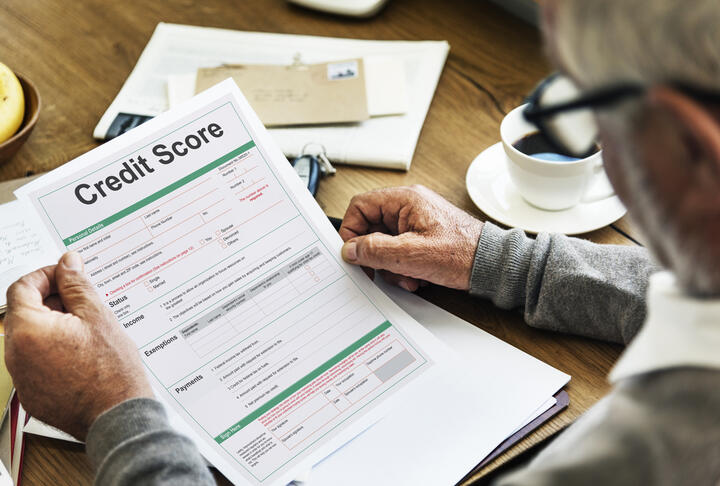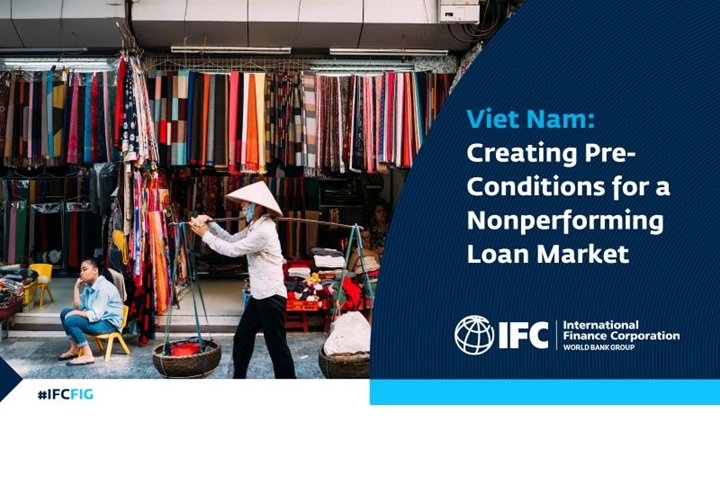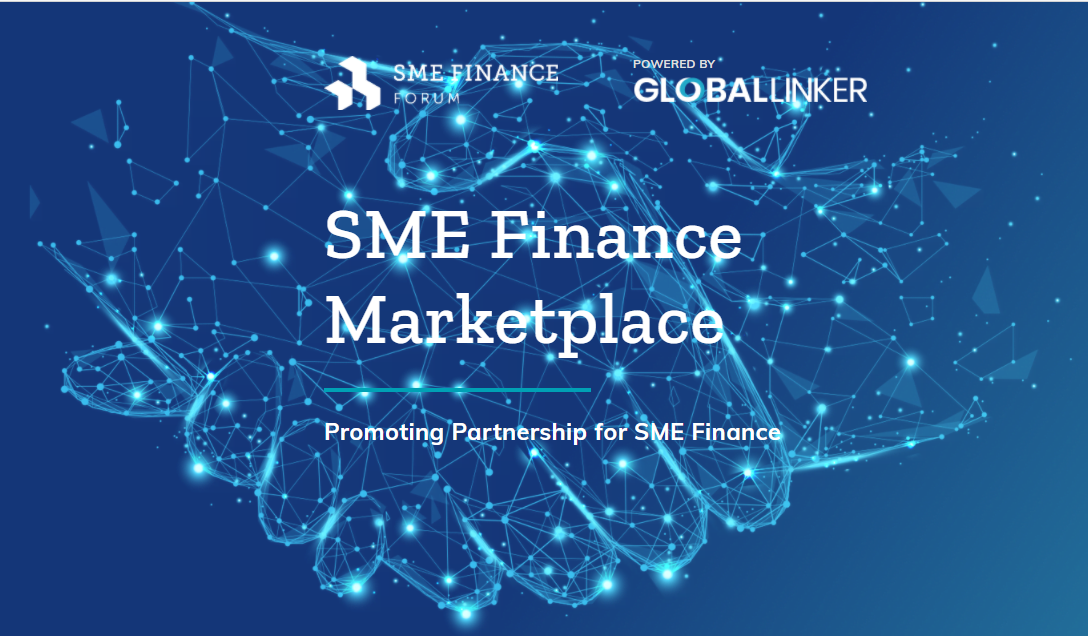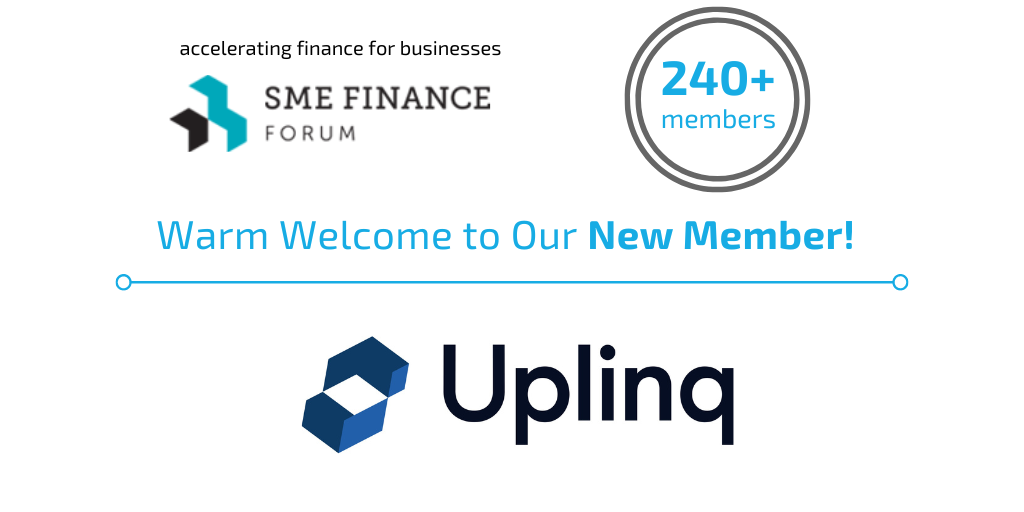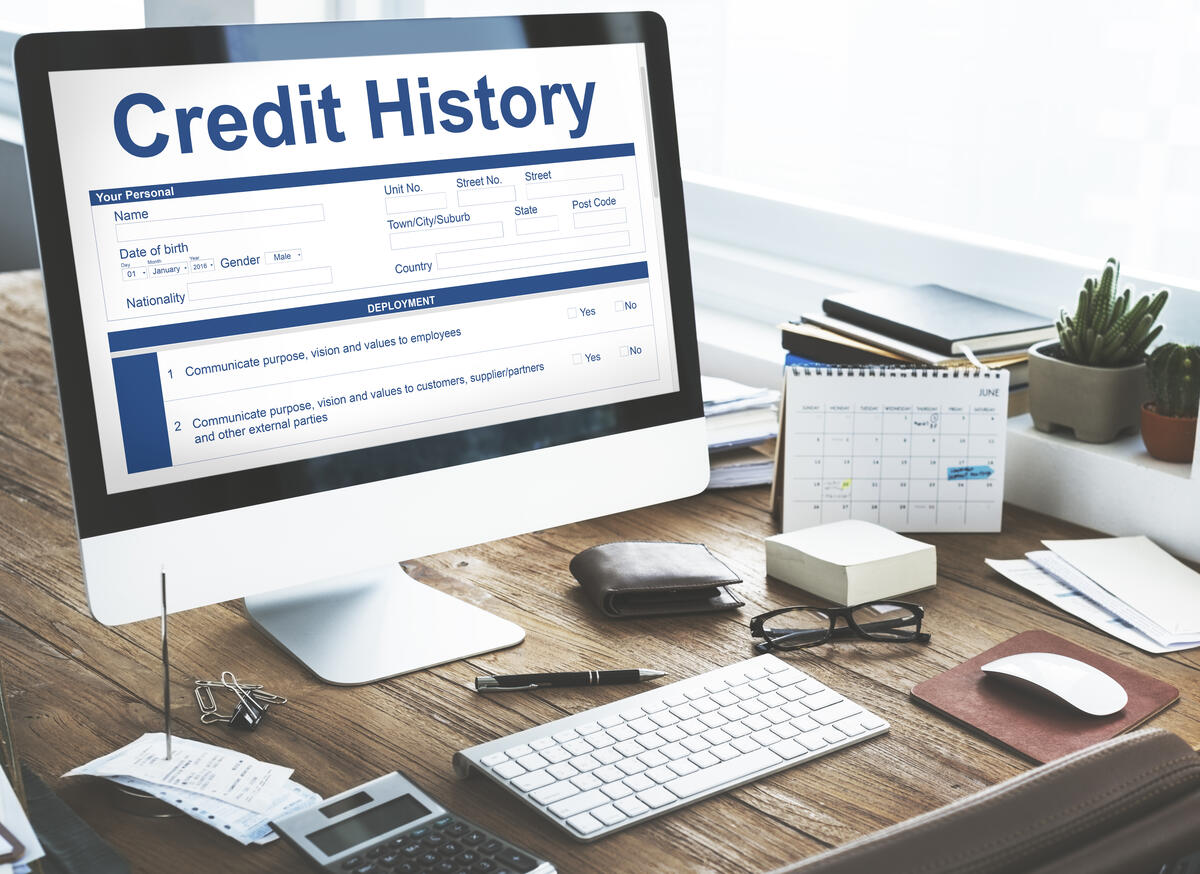Lack of credit data is one of the major obstacles to individuals and MSMEs financing in developing countries. Despite the insufficient credit data, MSMEs and individuals generate vast amounts of non-credit digitized data daily. MSMEs and individuals are leaving vast digital footprints and data trails on mobile and online payments platforms, social networks, and other non-banking platforms such as online record keeping and trade transactions.
Financial institutions are starting to mine these vast amounts of digitized alternative data to aid in their decision-making processes and to promote financial inclusion. Traditional and non-traditional lenders are now leveraging on alternative data including transactional (payments) data, behavioral data and social media data to determine capacity and willingness to repay loans. Alternative data is also being used to provide granularity on customer preferences and behaviors, which can help in designing new financial products and services.
Credit reporting service providers have also begun adopting alternative data for credit worthiness evaluation. The use of alternative data in credit reporting can promote access to credit for borrowers with "no credit files", while it can also complement traditional data for borrowers with "thin credit files".
Against this background, this Policy Guide provides practical policy recommendations on how countries can adopt and leverage the use of alternative data for credit reporting, while mitigating the risk inherent in the use of such data. The matrix below provides a list of impediments and the ICCR policy recommendations.


